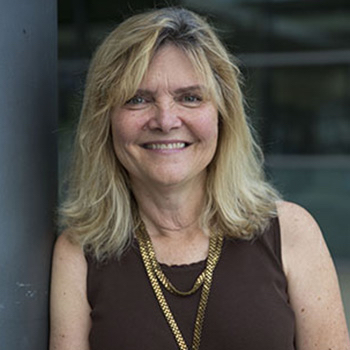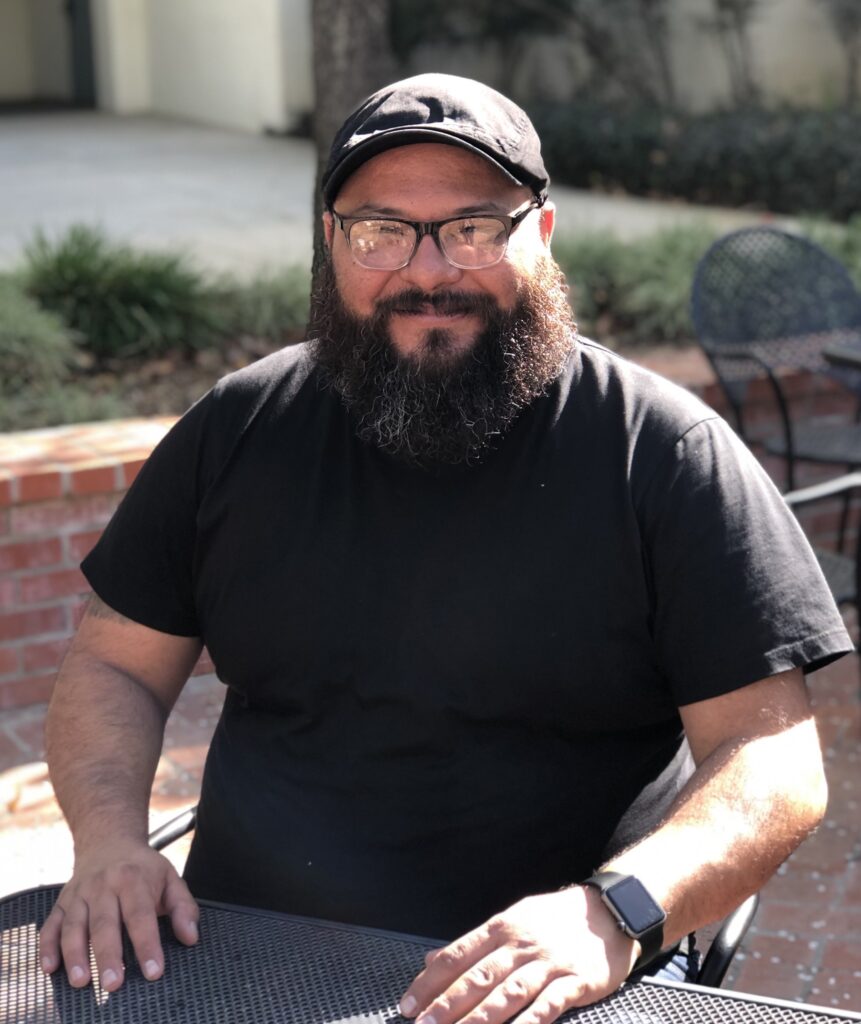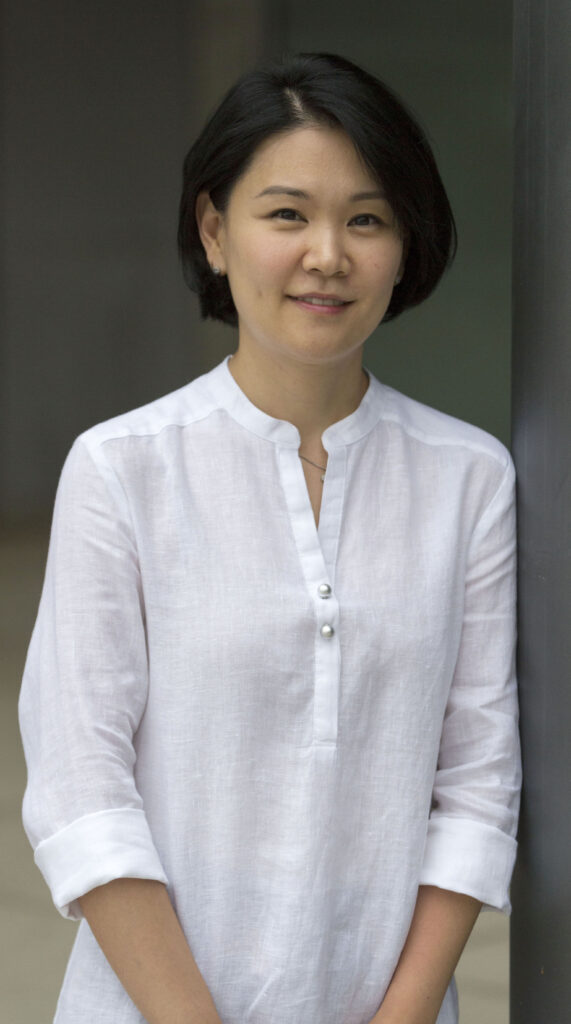CAMARILLO — Biomedical research should reflect the nation’s diversity both for equity and for more effective medical practices. The COVID pandemic is an example of how different populations are affected differently according to genetics, culture, socioeconomic pressures and availability of healthcare, to name a few factors.
“We need to make sure biomedical research meets the well-being of all citizens,” said CSU Channel Islands (CSUCI) Program Chair and Professor of Health Sciences Sonsoles de Lacalle, M.D., Ph.D. “We have different genetics, different mindsets, different cultures and we need to incorporate all of these variables. We know the same old, same old doesn’t work.”
De Lacalle and three co-authors have been awarded $363,750 from the National Institutes of Health (NIH) for a project entitled “Initiative to Enhance Diversity in the Biomedical Research Workforce at CSU Channel Islands.” This is the first installment of a three-year grant for $1.1 million that is designed to encourage careers in bio-behavioral fields among CSUCI’s diverse student body.
Each team member brings different and complementary expertise to the project. De Lacalle and Assistant Professor of Biology Hugo Tapia, Ph.D. will run a six-week summer bootcamp for students interested in biomedicine with Assistant Professor of Biology Gareth Harris, Ph.D., and Professor of Psychology Beatrice de Oca, Ph.D.
“We will explore life from the DNA level all the way to behavior using brain disease as the common thread,” de Lacalle said. “The students will learn how professionals in the bio-behavioral fields can look at brain disorders from the genes to the physiology all the way to behavior. In the process we will be able to provide students with a broad panorama of careers and the need for them to get involved in them.”
The bootcamp will be designed using teaching methods contributed by another grant co-investigator, Associate Professor of Psychology Melissa Soenke, Ph.D., to give participants a strong sense of belonging, as many of them are expected to be the first in their generation to attend college, and Soenke has a background in how underserved students relate to college.
The second part of the NIH-funded program will involve sharing culturally appropriate methods with faculty so professors can incorporate these methods into their curriculum.
Soenke and another faculty member involved in the project, Assistant Professor of Psychology HyeSun Lee, Ph.D., will be gathering statistical data on the project to see how well it is working.
“Dr. Soenke and I will develop metrics to see if the subject matter is a cultural fit or misfit and we will track the students to see if there are benefits to their being in bootcamp,” Lee said. “We will track them after the three-year project to see if they stay in the field of biomedicine to determine if these two interventions actually help to increase diversity in the biomedical field.”

Charlene Niemi
The field of healthcare also stands to benefit from $1,500 from the Gamma Tau Chapter of Sigma Theta Tau International Honor Society of Nursing in support of a project headed by Assistant Professor of Nursing Charlene Niemi, R.N., Ph.D., entitled “Meaning, Forgiveness, and Resilience: Do They Improve the Quality of Life in Adults?”
Niemi plans to use the grant to fund her research into whether finding meaning and forgiveness help people who have suffered adverse experiences as children, as well as the role of resilience.
“Research shows that adults who have had adverse childhood experiences suffer higher rates of cancer, diabetes, mental illness and cardiac issues, among other problems,” Niemi said. “I think one of the reasons is the stress it places on the body and mind. It makes permanent changes in a person.”
The grant will help to fund crowdsourcing companies who will recruit volunteers to fill out surveys about their childhood experiences—whether a parent was incarcerated or whether alcoholism or abuse was part of a person’s upbringing, for example. Niemi also plans to survey those who grew up free of adverse childhood experiences.
“There have been correlations between resiliency and how it has a positive effect on childhood trauma,” Niemi said. “I did my dissertation on forgiveness and its effect on the psychological well-being of adult survivors of clergy sexual abuse. Finding meaning in life is also powerful. I base that on (Holocaust survivor) Viktor Frankl’s book ‘Man’s Search for Meaning.’”
She wants to find out what makes people do well in the face of childhood trauma because “finding out how we can help people—that’s what nursing is about.”
Finally, Director of the Santa Rosa Island Research Station Russell Bradley has received the second installment for $59,031 from National?Oceanographic and Atmospheric Administration (NOAA) Bay Watershed Education and Training Program (BWET) for a project called “Crossing the Channel: An Inquiry-based Expedition.”
The grant will help underserved students in the area the chance to explore local coasts and ecosystems—including Santa Rosa Island—while doing hands-on research.
“There are a lot of students who haven’t had the opportunity to have these experiences or even go out to the beach,” Bradley said. “It’s a transformational experience for them.”
The COVID pandemic required Bradley and his partners at Isbell Middle School in Santa Paula to get creative this year by providing at-home research kits with binoculars and magnifying glasses so they can learn research concepts as well as virtual lessons to teach them about the islands.
“We are serving as much as we can virtually and really building up and developing the program so when we visit the island again, we’ll have everything ready to go,” he said.
About California State University Channel Islands — CSU Channel Islands (CSUCI) is reimagining higher education for a new generation and era. We are an innovative higher education institution that enables students to succeed and thrive – serving as an engine for social and economic vitality that provides the intellectual resources necessary for a thriving democracy. With more than 7,000 students, 1,200 employees and 14,000 alumni, CSUCI is poised to grow in size and distinction, while maintaining one of the most student-focused learning environments in public higher education. Connect with and learn more by visiting www.csuci.edu or CSUCI’s Social Media.


